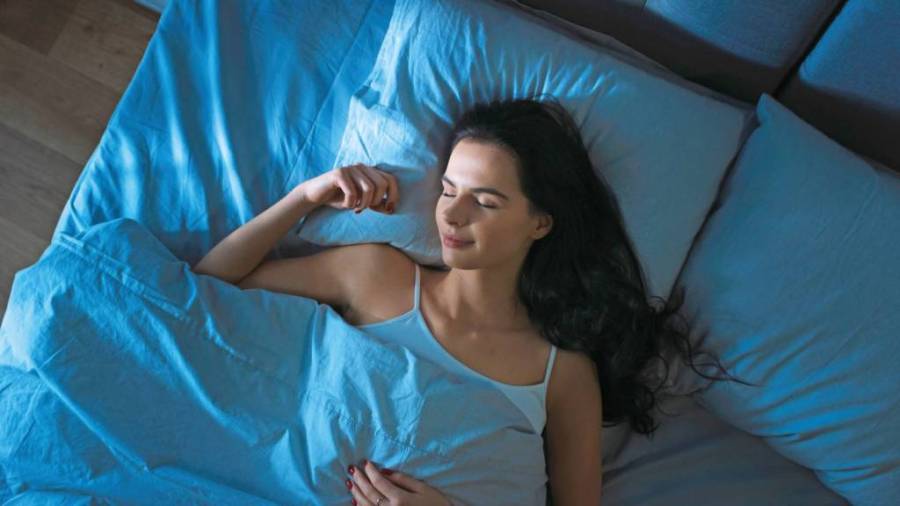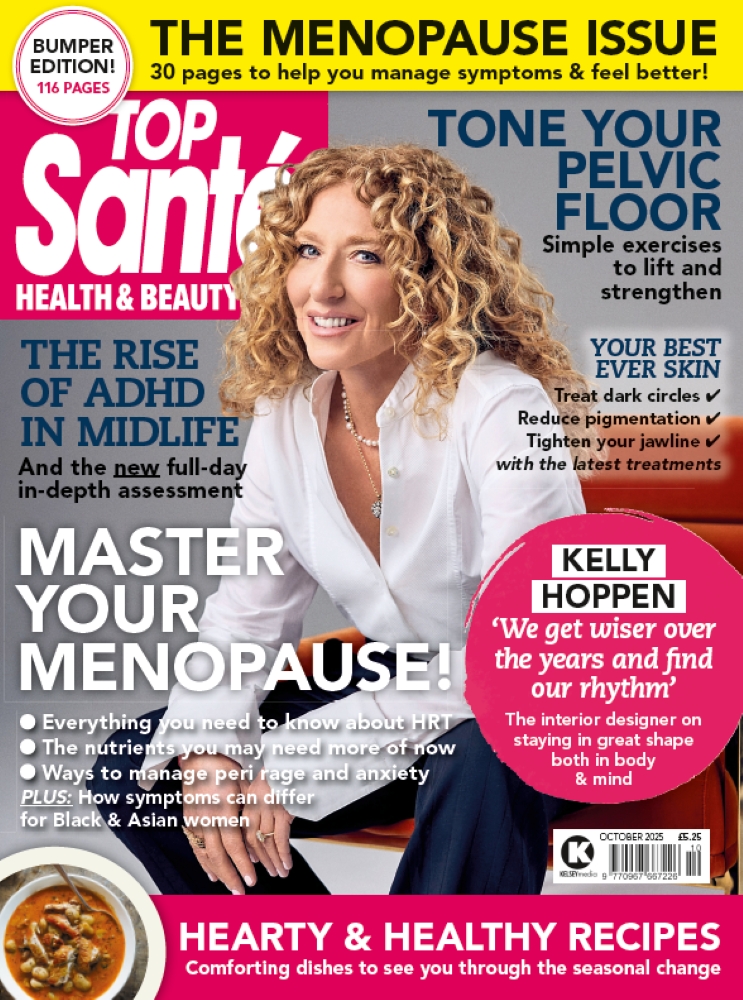 Advertisement promotion
Advertisement promotion
Naturopathy expert Gemma Hurditch gives her top tips on getting the best night’s sleep, in partnership with the College of Naturopathic Medicine…

How much sleep do I need and how can I fall asleep faster?
Whilst eight hours is commonly touted as the ideal amount, the best barometer is how well-rested you feel upon waking, coupled with your ability to perform well throughout the day. Sleep needs depend on many factors including genetics, health, life stage and lifestyle. Rapid Eye Movement (REM) sleep or dream sleep is believed to have special importance for mental health and emotional wellness. Non-REM sleep is the deeper sleep where your body replenishes itself and immune-strengthening takes place. You need both. It’s also not just about quantity but also quality.
Have a Schedule
It is best to have regular bed and waking times – you may want to set an alarm to remind you when to start your wind-down routine. Melatonin, your “sleep hormone”, helps control your sleep/wake cycle. Certain foods contain tryptophan, one of the
building blocks of melatonin, so try adding pistachios, salmon, eggs, black
rice, tart cherry juice, corn, cranberries walnuts and goji berries to evening
meals. Calcium and magnesium are supportive too; food sources include
oats, nuts, green leafy vegetables and fish with bones in such as tinned salmon or sardines. Make sure dinner is nourishing, not heavy, and eaten at
least two hours before retiring.
Reduce stimulants (black tea, coffee, cola, chocolate) from midday onwards, and certainly don’t have any before bed. Supplements can be a useful aid but consult a nutritional therapist to find out what’s best for you.
Herbal teas such as chamomile, linden, passionflower, lemon balm and St John’s Wort can also help. However, if you usually wake in the night to urinate, have your last cup of tea at least 30 minutes before bed. On the subject of drinking, alcohol is a sedative but not a sleep enhancer – it actually disturbs restful sleep. If you are struggling to sleep well, resist that nightcap.
Keep Cool and Calm
Turn off all screens 1-2 hours before bed as well as devices on standby, especially in the bedroom. Turn off your Wi-Fi router and mobile phone and read a book, or have a warm bath.
Make sure your bedroom is a mild temperature. Natural fibres such as cotton, wool, silk and linen are best for bedding and sleepwear. If noise often wakes you, invest in some earplugs. Any light source will hinder sleep so get good window coverage and turn off all lights – even an LED on an alarm clock can affect you.
Overthinking can also keep you awake, so keep a diary by your bed to jot down any worries or tasks so you can forget them until the next day. CNM has a superb 22-year track record training successful natural health professionals both in class and online. 80% of graduates are practising.







